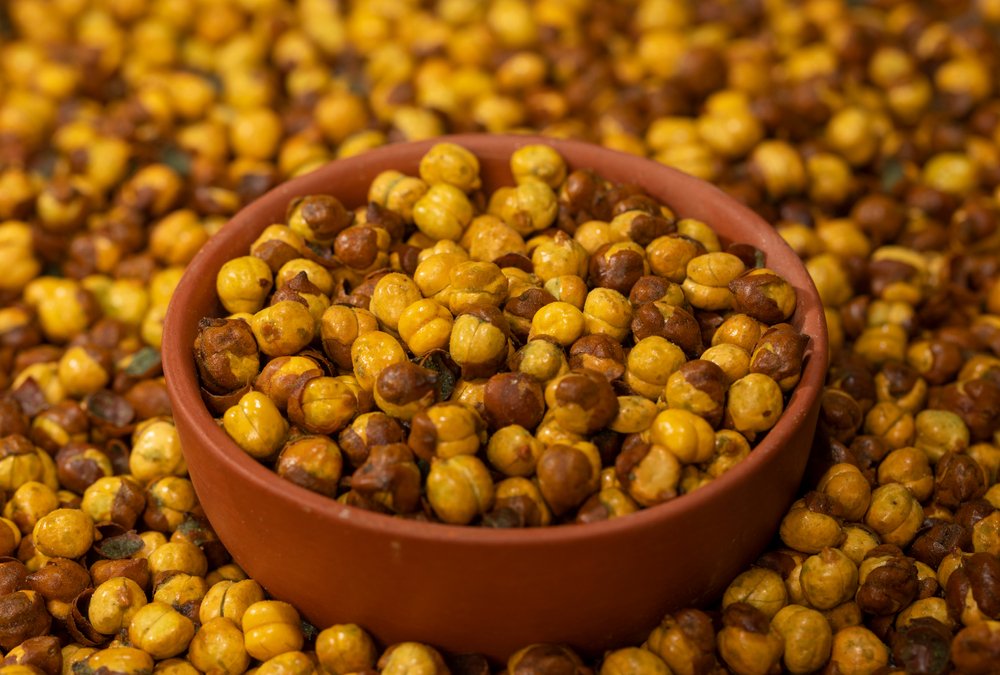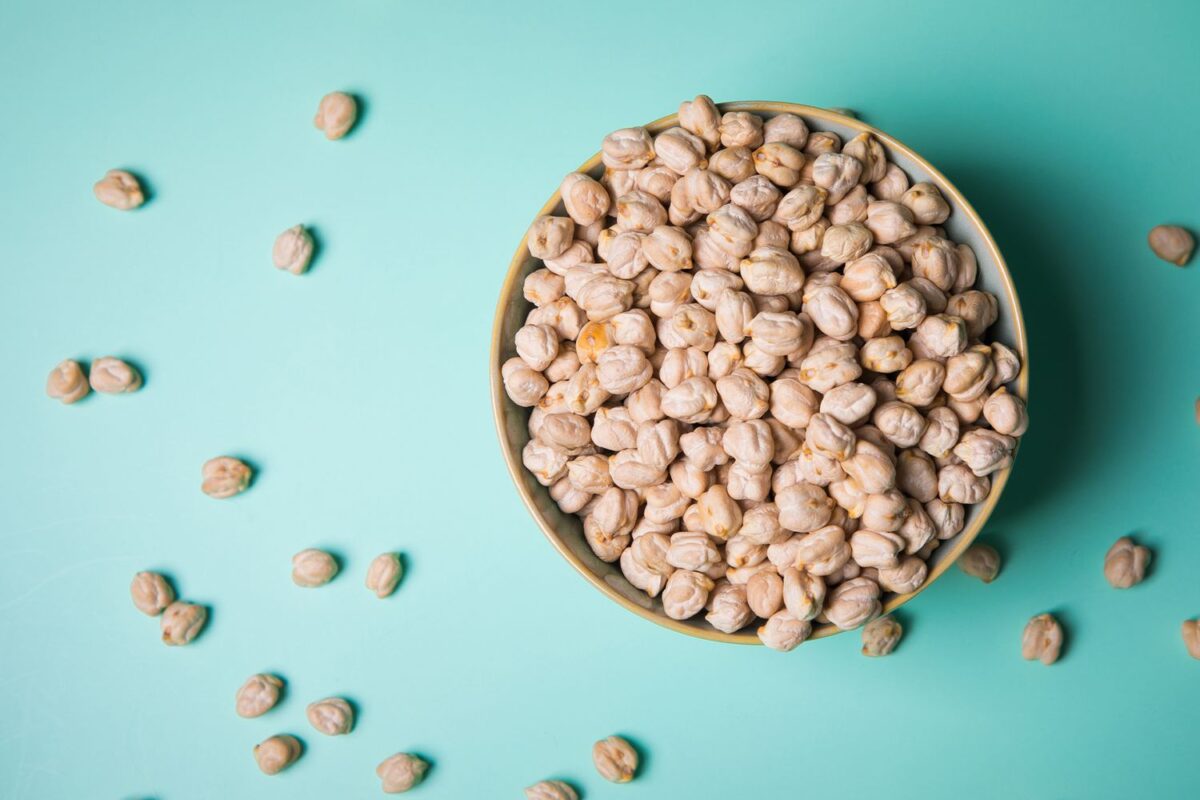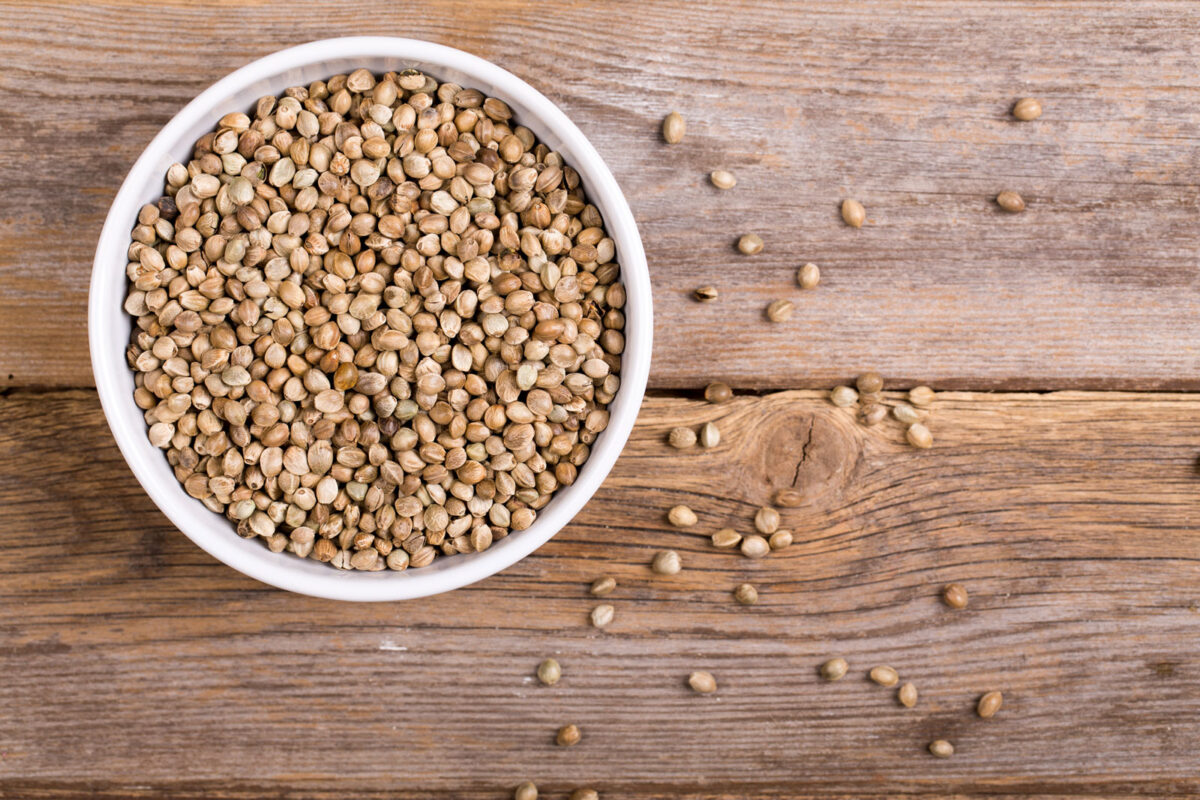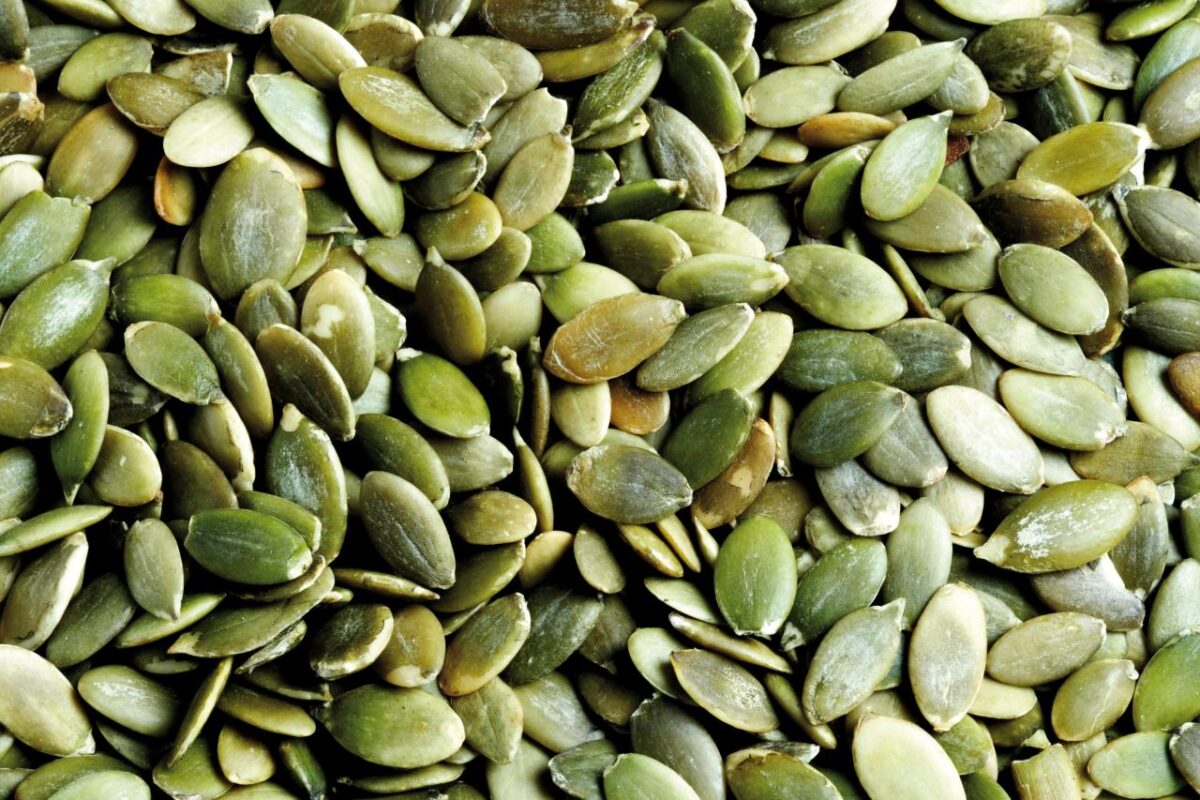Chickpeas, a humble legume, have danced through various culinary traditions for centuries. Today, they emerge as a superstar in the world of healthy snacking, especially in their roasted form. Understanding the nutritional powerhouse that is the roasted chickpea not only enlightens our dietary choices but also enhances our culinary experiences.
Nutritional Profile of Roasted Chickpeas
Roasted chickpeas are not just a tasty snack; they are a nutritional goldmine. A single serving packs proteins, dietary fiber, vitamins (like B-vitamins), and essential minerals (including iron, magnesium, and potassium). This rich composition places them high on the list of healthful foods, often surpassing other legumes and common snacks in nutrient density.
Health Benefits
Weight Management:
The high fiber and protein content in roasted chickpeas contribute to feelings of fullness, aiding in appetite control and weight management.
Blood Sugar Regulation:
Chickpeas have a low glycemic index, making them an excellent snack for maintaining stable blood sugar levels.
Heart Health:
Regular consumption of chickpeas can positively impact heart health by aiding in the reduction of cholesterol levels and blood pressure.
Digestive Health:
The dietary fiber in chickpeas promotes healthy digestion and gut health.
Bone Health:
Rich in minerals like calcium and magnesium, roasted chickpeas support bone strength and overall skeletal health.
Benefits for Vegetarians:
As a plant-based protein source, chickpeas are particularly beneficial for vegetarians, providing essential amino acids and nutrients often scarce in a plant-based diet.
Roasting Chickpeas: Maximizing Benefits
Roasting chickpeas at home allows for control over the preparation process, ensuring maximum retention of nutrients. The key is to roast at a moderate temperature to preserve the integrity of proteins and vitamins. Seasoning can be done creatively, using herbs and spices rather than high-sodium or sugary coatings.
Incorporating Roasted Chickpeas into Your Diet
Roasted chickpeas can be a versatile addition to any diet. They can be tossed into salads, stirred into soups, or simply snacked on. Moderation is key, as with any food, to maintain a balanced diet.
Potential Risks and Considerations
While roasted chickpeas are generally safe, they may cause allergen concerns for some individuals. Excessive consumption can also lead to digestive issues due to their high fiber content. People with specific health conditions, like kidney disorders, should consult with a healthcare provider before adding chickpeas to their diet.
Sustainability and Environmental Impact
Chickpeas score high on sustainability, requiring less water compared to many other crops and contributing positively to agricultural biodiversity. Their low environmental footprint makes them an excellent choice for environmentally conscious consumers.
Comparative Analysis: Roasted Chickpeas vs. Other Snacks
Compared to many popular snacks like chips or crackers, roasted chickpeas offer superior nutritional value with fewer calories and more beneficial nutrients. They stand out as a healthier alternative that doesn’t sacrifice taste for nutrition.
Testimonials and Case Studies
Numerous individuals have reported positive health changes after incorporating roasted chickpeas into their diets. Nutritionists also advocate for them, highlighting their role in a balanced and healthy diet.
Conclusion
Roasted chickpeas are more than just a snack. They are a testament to how simple foods can be both delicious and profoundly nutritious. Incorporating them into your diet could be a small step towards a healthier lifestyle.
FAQs
- Q: Can roasted chickpeas be a meal replacement?
- A: While nutritious, they are best used as a supplement to meals rather than a replacement due to their limited vitamin range.
- Q: Are roasted chickpeas suitable for all age groups?
- A: Yes, they are generally safe and beneficial for all ages, barring any specific allergies or health conditions.




